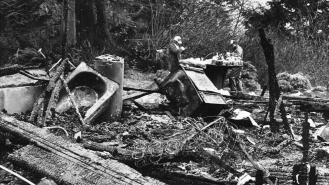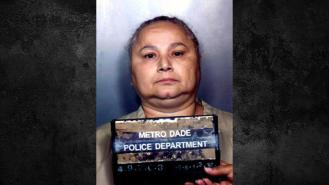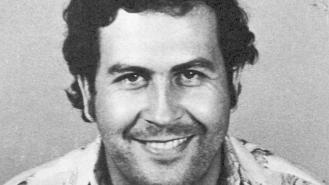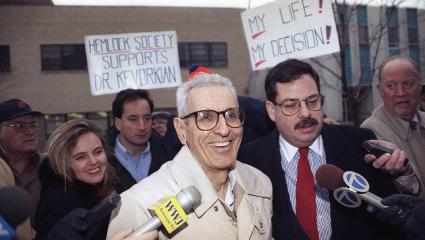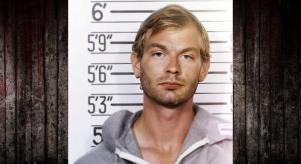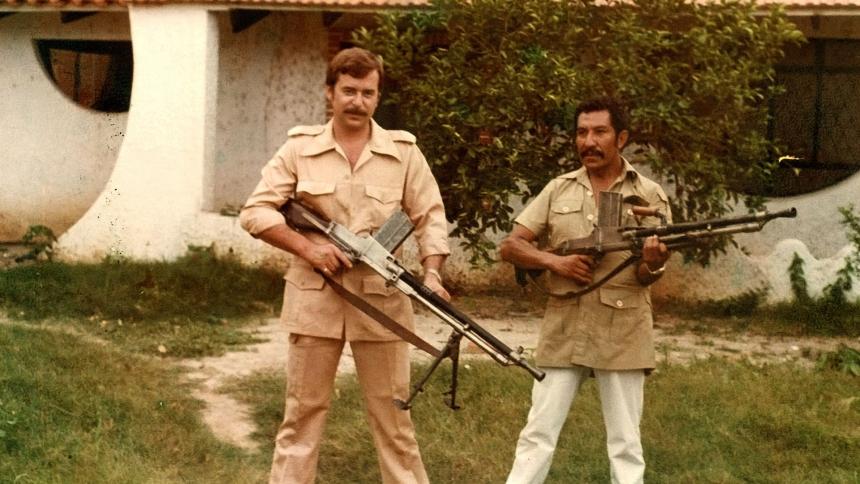
The Nazi Cartel: Klaus Barbie’s deadly Bolivian network
When discussing the Nazis, the first thing you’ll probably think of are the atrocities committed during World War II. Although this is what they are prominently known for, the Nazi influence continued far beyond that period. Many Nazi fugitives fled to different countries, and while some laid low, others spread their vitriol through other methods.
One noteworthy example of this is Klaus Barbie, whose influence contributed to the 'Cocaine Coup' of 1980 in Bolivia. But how did this come to be, and how was Barbie involved?
Join us here at Crime+Investigation as we dig deeper into how a Nazi became a key figure in the rise of Bolivia’s incredibly powerful network of drug trafficking.
Barbie goes to Bolivia
The story of the Nazi collaboration with the Bolivian drug network begins with Klaus Barbie. Barbie was an SS officer during World War II. He was the head of the Gestapo in Lyon, France. While there, Barbie earned the nickname 'Butcher of Lyon' due to the atrocities he committed against the Jews and French Resistance members.
Barbie was initially recruited by the CIA to become a spy after the war. He was smuggled into Bolivia to help in the effort to find and kill Che Guevara. This would go on to be a big mistake, as Barbie permanently emigrated to Bolivia in 1951 and established himself in the drug world. The United States would later go on to apologise to France for giving Barbie this opportunity and ultimately allowing him to escape justice for so long.
Making connections
Barbie remained in Bolivia for 30 years, and while there, he was able to form connections with the right-wing Bolivian military officials, such as René Barrientos. He taught his vicious torture techniques to Barrientos’s private paramilitaries and used them against opposing leftist groups.
Barbie was eventually linked to Álvaro de Castro, a member of the paramilitary who was a neo-Nazi. He also began selling weapons to drug cartels using the name Klaus Altmann and was introduced to Colombian traffickers by Roberto Suárez Gómez. Suárez Gómez was a huge influence in the drug world in Bolivia, often referred to as the 'King of Cocaine'.
In later years, Suárez Gómez’s son commented on his father’s relationship with Barbie, saying that he was 'an important person to my father. He knew something about security, military strategy, and secret service work'.
Barbie’s skills, networking, and connection-building eventually led to a meeting between Barbie and the infamous Pablo Escobar in the late 70s. Escobar made a deal with Barbie, funding his anti-communist actions so long as Barbie arranged security for Escobar’s supply of raw coca.
The Cocaine Coup of 1980
Barbie's connections with powerful Bolivian figures and militia led him to form an alliance with Luis García Meza. García Meza rose through the military ranks to become a general, and his views were extremely right-wing and anti communist.
On 17th July 1980, García Meza incited a violent coup against President Lidia Gueiler, also his cousin. Gueilier fled the country, but many ordinary citizens were killed in the fighting, or captured and tortured, especially those who resisted.
Barbie organised the militia behind the coup, including a group of Neo-Nazi mercenaries nicknamed the 'Bridegrooms of Death'. Several members of the group were European Nazis who had also fled to Bolivia following the war.
The Narco State
García Meza’s regime was short, but brutal. With help from Barbie and his Bridegrooms of Death, the country became known for its significant role in the global drug trade. Barbie was a key figure in the security elements of the drug trade, much like he had been during the coup.
Barbie’s arrest
Eventually, when the democratic government was elected under Hernán Siles Zuazo, Barbie was arrested and extradited to France in 1983. He was sentenced to life imprisonment after being found guilty of crimes against humanity. Barbie died in Lyon while still imprisoned in 1991.
Klaus Barbie and his Bridegrooms of Death were instrumental in the 1980 coup that led to Bolivia becoming a major drug trafficking state. The story isn’t as commonly told as some of the other atrocious historical events involving the Nazis. However, it shows that even decades after the war, the Nazis continued to influence some of the worst crimes in history.
Want to stay up to date on a wide range of crime topics? Then be sure to subscribe to the Crime+Investigation newsletter! By subscribing, you will immediately get access to exclusive content, such as videos and articles. Subscribing is completely free, and you will receive notifications when any new content goes live.
